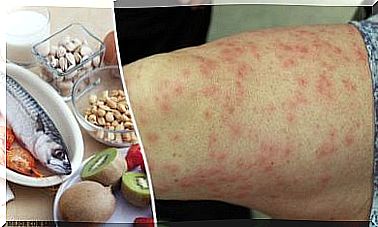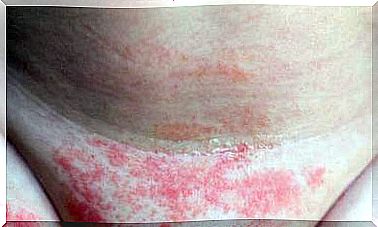Effective Natural Remedies For Seborrheic Dermatitis
Seborrheic foci can appear due to stress, so in addition to applying these remedies to combat them, we need to control our state of mind.
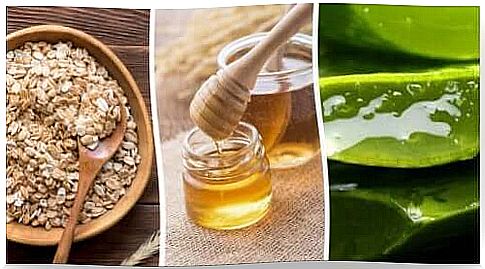
Seborrheic dermatitis, commonly known as seborrhea, is a chronic skin condition with no specific cause at this time. We believe, however, that this could be the result of a fungus called Malassezia.
Other possible causes are the use of certain medications, stress, disorders of the immune system and certain neurological disorders, such as Parkinson’s disease.
This disease can affect people of all ages. In fact, when it occurs in babies, it is known as “cradle cap.” And causes dry, scaly patches on the scalp.
Natural remedies to treat seborrhea
We will present below the ingredients that nature offers us to alleviate the discomfort of seborrheic dermatitis and complete the treatment prescribed by the dermatologist .
1. Oats, the best for seborrheic dermatitis

Oats are a cereal that has anti-inflammatory properties . For this reason, it has been included as an ingredient in various cosmetic products for the care of sensitive skin and also for epidemics of seborrheic dermatitis.
So you can prepare homemade oatmeal masks and compresses to relieve itching, swelling and redness.
2. Coconut oil
Coconut oil can help soothe the discomfort of the scalp in the event of an epidemic of seborrheic dermatitis.
Just apply a few drops and gently massage the area for an hour. Then brush the hair carefully and wash it with lukewarm water and products recommended by the dermatologist (mild shampoos, such as baby shampoos).
The Mayo Clinic experts suggest that olive oil can also be used for the same purpose. In it stinging on the scalp, it would help soften and remove crusts more easily from the hair, without damaging the skin.
3. Aloe vera
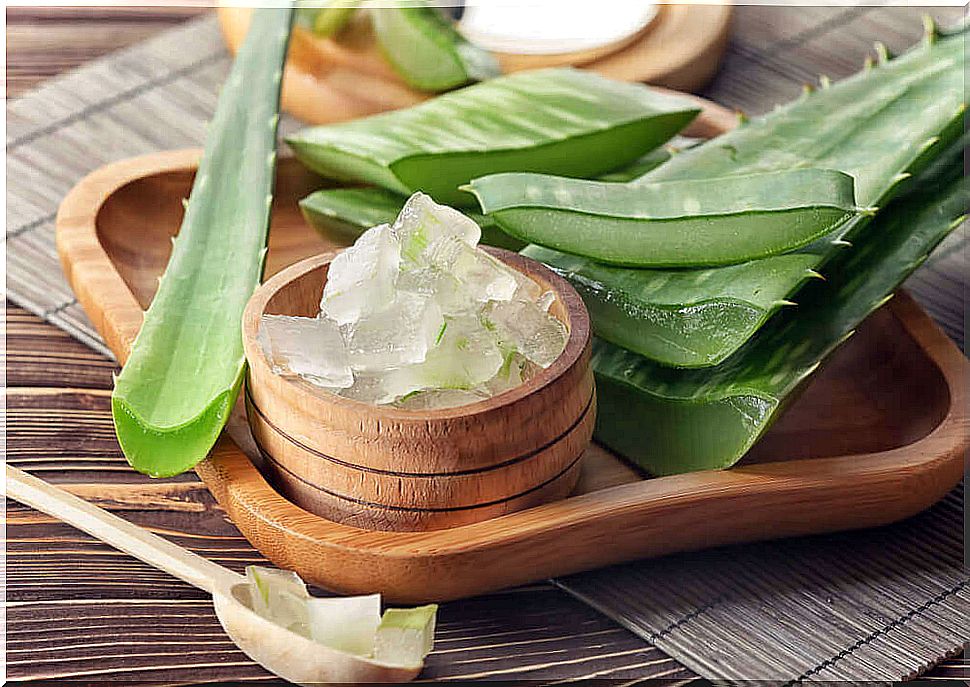
Aloe vera is used in many treatments for the skin and the hair. The natural gel of the plant contains astringent components which tend to dry the skin and hydrate it at the same time, thus preventing water loss. Moreover, he helps cleanse the skin, relieve inflammation and promote cell regeneration.
What should you do ?
- For seborrheic dermatitis, extract the gel from an aloe leaf and mix it to facilitate application.
- Use the gel to massage the problem area and leave it on for 20 minutes.
- After the indicated time, rinse the skin with lukewarm water.
4. Oat drink
Apple cider vinegar is a liquid that is often included in home remedies because its malic acid content is believed to give it antimicrobial properties that are said to help balance the skin’s pH and fight infections.
However, the dermatologists do not recommend using it because it actually causes irritation.
Instead of apple cider vinegar, you can just turn to the drink at the oats as a tonic for the face. This cereal has anti-inflammatory properties that relieve and soothe irritation, itching and redness.
5. Honey
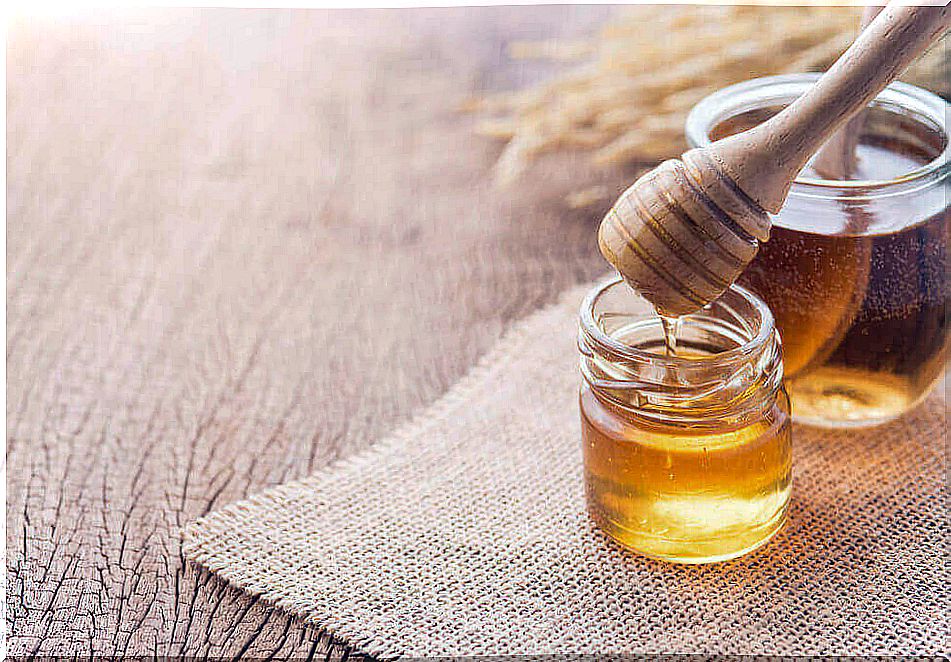
Because of its pleasant texture, honey can help relieve mild flare-ups of seborrheic dermatitis. In addition, it can help moisturize the skin and thus relieve irritation and itching.
To make a home remedy with honey, you can use egg whites as the second ingredient, or just water.
Ingredients
- 1 cup of boiled water (250 ml)
- 2 tablespoons of honey (50 g)
What should you do ?
- In a bowl, pour the boiled water, add the honey and mix well.
- Apply to affected areas with a massage and leave on for 2 hours.
- Then rinse it off with lukewarm water.
It is one of the most effective remedies and you can administer it once every other day.
What else can you do for seborrheic dermatitis?
To take care of your skin properly when you have been diagnosed with seborrheic dermatitis, you should It is important that you go to a dermatologist and follow all of their recommendations. The professional will know what is best for your skin, depending on its characteristics and needs.
Additionally, don’t forget to maintain a healthy lifestyle, which includes the use of proper skin care products and proper hydration.


